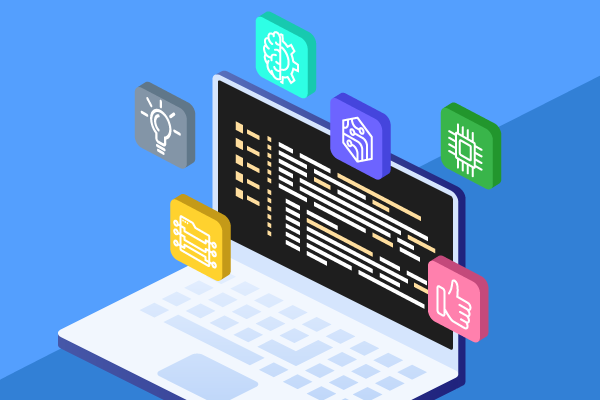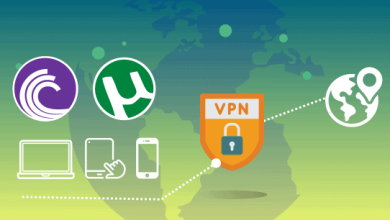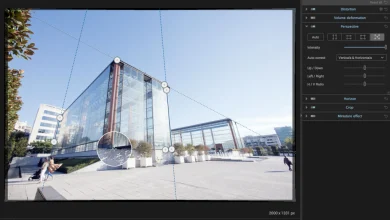What is the Future of Software Development

Software development has changed rapidly in just the last decade or so, and shows no signs of slowing down. With every year new trends emerge, and while not all of them are equal – some transform the industry in tons of different ways.
Because of how rapidly software development is changing, it is difficult to know what it will look like in the future. That being said, there are several key trends that appear set to take off and play a big part in shaping it.
Artificial Intelligence (AI)
Right now we’re still very much just scratching the surface of what AI is capable of – and yet it is already changing software development on several fronts. For the most part it is the use of machine learning of AI to automate tasks that is altering software development processes as well as enabling the creation of more intelligent apps.
As things stand developers are already starting to use AI-enhanced bots to automate repetitive tasks and save time. Some experimental AI projects have even shown that advanced bots are even capable of writing code independently, meaning that in the future it may be possible to automate it completely.
In short, the future of software development could very well consist of developers who simply outline the specifics of the app they want built and leave AI to take care of the rest.
Aside from automating development, AI is also being deployed within new apps in several ways. It can be used to improve cybersecurity, allow apps to learn and improve the user experience, and more. All in all, AI seems set to have a massive role to play in the future of software development – on several fronts.
Blockchain
Although blockchain technology is often associated with cryptocurrencies, the fact of the matter is that it is far more than just that. At its core, blockchain is a distributed journal that can carry out transactions and record data by replicating it across multiple entities – which has multiple use cases in software.
The reason why blockchain technology may determine the future of software development is because of the advantages it brings to the table. It can be used to share data securely and preserve its integrity while at the same time providing transparency.
Needless to say these traits are invaluable to many industries, and it should come as no surprise that many large companies and governments are already looking to adopt it. Because of that the demand for blockchain-based software is likely to increase in the future, which in turn will influence your software development company.
Progressive Web Apps (PWA)
Essentially PWAs are a type of hybrid, web-based app that are responsive and adapt to desktops, tablets, or mobile phones. On the surface they load as a normal website would, but act as an app and in some cases can even be saved so that parts of it can run offline.
The main advantage of PWAs is the fact that they eliminate the need to develop different versions of the same app for different mobile platforms as well as desktop computers. At times they may even be able to replace the role of a traditional website as well.
It is still early days, but PWAs can already mimic the aesthetic and functionality of most apps. While there are still some issues that stand in the way of PWAs becoming widely-adopted, it is likely only a matter of time until they are ironed out.
Because many mobile apps of the future could very well be PWAs, it is an area that software development is likely to focus on.
Conclusion
These trends should each give you a glimpse into what software development may look like in the future. Keep in mind that new trends are likely to emerge with each passing year that may change the face of software development in their own way too.
So if you’re interested in the future of software development, be sure to check out any other trends that appear.


















